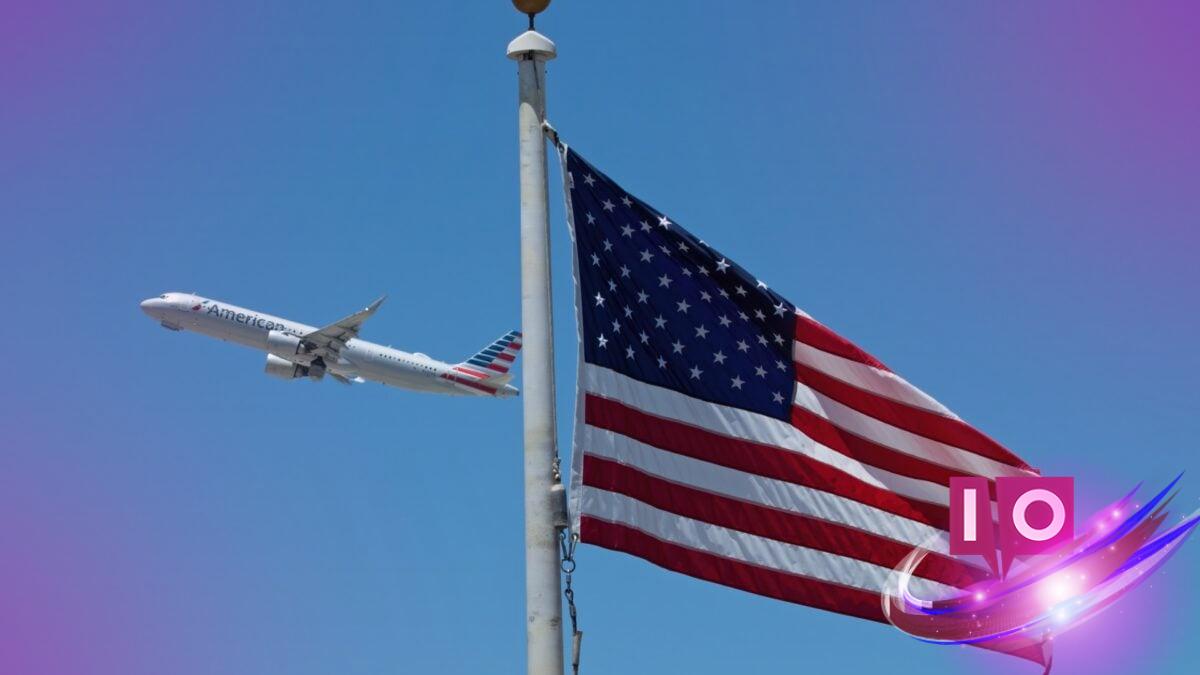The longest government shutdown in American history has come to an end, but the effects are still being felt across the nation. After 42 days, Congress finally approved a funding bill on Wednesday night, paving the way for the government to reopen.
This shutdown hit home for many Americans. Almost every government employee faced furloughs or worked tirelessly without the promise of a paycheck. One sector most affected was air travel, as air traffic controllers—already stretched thin—began taking additional sick days to cope financially.
Impact on Air Travel
Flight disruptions were significant. According to FlightAware data, the shutdown resulted in nearly 3,000 flight cancellations and over 11,000 delays on a single Sunday, comparable to the effects of a mild snowstorm.
Flight Reductions During Shutdown
As the Federal Aviation Administration (FAA) imposed mandated flight reductions—a measure to enhance safety due to staffing shortages—the situation worsened. Initial reductions started at 4% across 40 major airports and escalated to 6% by Tuesday. Transportation Secretary Sean Duffy warned that without a resolution, these reductions could climb as high as 10% or even 20% in the coming days.
Are Flight Reductions Over?
You might assume that ending the shutdown would mean the end of flight restrictions, but that’s not quite the case. The Department of Transportation plans to keep these reductions in place as long as safety concerns remain.
According to Duffy, “We’re going to wait to see the data on our end before we take out the restrictions in travel.” This decision factors in how swiftly the remaining air traffic controllers return to work. Last week, FAA administrator Bryan Bedford indicated that 20-40% of controllers at the 30 largest airports were failing to report.
Pay and Recovery for Air Traffic Controllers
On a brighter note, air traffic controllers are set to receive 70% of their back pay shortly after the government reopened, with the remaining 30% arriving roughly a week later. Additionally, President Donald Trump hinted at potential bonuses of $10,000 for controllers who worked through the shutdown, though the realization of such bonuses remains uncertain.
Future of Air Travel Amidst Workforce Challenges
Even if flight reductions are lifted, experts predict that air travel pressures will persist. With Thanksgiving just weeks away, the busiest travel season is looming, and airlines expect to see around 31 million passengers.
Airlines for America stated, “However, airlines cannot flip a switch and resume normal operations immediately after a vote—there will be residual effects for days.” The tightly knit scheduling in air travel means one cancellation can lead to further disruptions, creating a ripple effect that might take days to resolve.
The Ongoing Air Traffic Controller Shortage
The shutdown occurs at a challenging time for the FAA, which has been grappling with a shortage of air traffic controllers. Recent incidents, including a deadly crash involving a Black Hawk helicopter and an American Airlines regional jet, have highlighted these concerns. The Department of Transportation is actively working to modernize the air traffic control system and address staffing needs; unfortunately, the shutdown has likely set these efforts back.
Interestingly, before the shutdown, about four air traffic controllers retired each day. That number has surged to between 15 and 20 daily. Duffy mentioned, “Long after you all finish covering the shutdown, we are going to be stuck dealing with this problem. We are about 2,000 controllers short, trying to make up that difference.”
What steps can travelers take to prepare for possible disruptions as we approach the busy holiday travel season? Being proactive and attentive to travel updates can make a significant difference.
How can I stay updated on flight cancellations and delays? Utilizing travel apps and websites that provide real-time information will help you navigate these changes efficiently.
What makes air travel particularly challenging during high seasons? A combination of increased passenger volume and limited staffing can lead to a cascade of delays and cancellations, especially in peak periods like Thanksgiving.
Is there a way to be compensated for delays? Depending on your airline’s policies, travelers may be eligible for compensation in case of significant delays or cancellations. Always check your airline’s guidelines for clarity.
With this recent turmoil behind them, travelers can still face hurdles in the upcoming months. For the latest updates and deeper insights on airline policies and travel trends, check out Moyens I/O.
